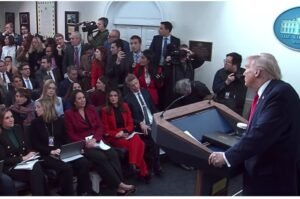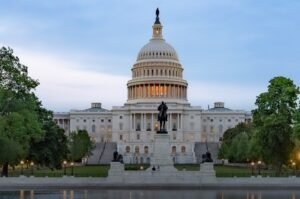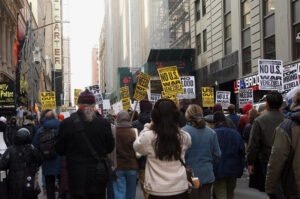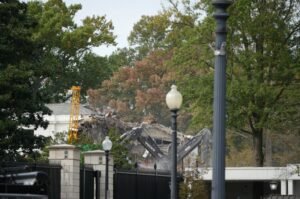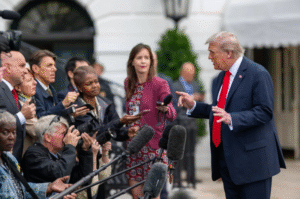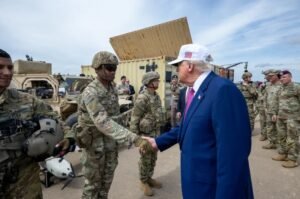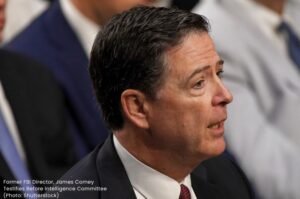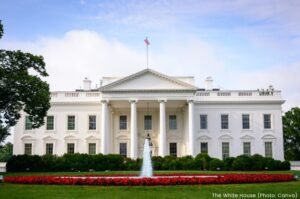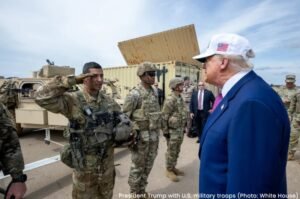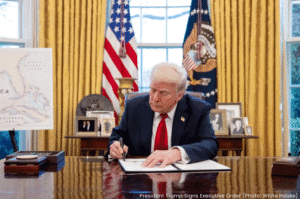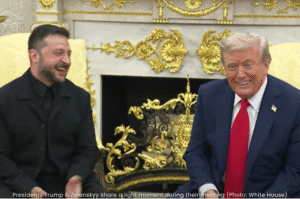The Trump administration’s decision to deploy federal and National Guard troops into multiple U.S. cities has reopened a fierce national debate over civil liberties, executive power, and the nearly 150-year-old Posse Comitatus Act of 1878.
What the Posse Comitatus Act Means
Enacted in 1878, the Posse Comitatus Act generally prohibits federal armed forces from acting in a policing capacity for civilian law enforcement. Its aim was to enforce a boundary between military authority and civilian governance, a safeguard conceived in the post-Reconstruction era. Although exceptions exist—such as when Congress authorizes military involvement or when a president invokes the Insurrection Act—the Act has served as a longstanding legal barrier to domestic military policing.The Washington, D.C. Deployment
In August 2025, President Trump declared a “crime emergency” in Washington, D.C., took control of the Metropolitan Police Department under Section 740 of the District of Columbia Home Rule Act, and mobilized National Guard troops to assist federal law enforcement. Estimates suggest that about 800 D.C. National Guard troops were deployed, supplemented by additional Guard members from Republican-led states. While the White House framed the intervention as necessary to restore order, crime statistics showed that violent crime in the district was already trending downward.The Memphis Deployment
On September 15, 2025, President Trump signed a memorandum deploying the National Guard to Memphis and establishing a federal “Memphis Task Force” to assist with public safety and violent crime. The White House’s stated justification was “tremendous levels of violent crime” in Memphis that, in the administration’s view, local authorities were unable to manage. However, law enforcement data released by the Memphis Police Department indicated that crime across major categories had declined to a 25-year low through the first eight months of 2025. The deployment prompted a split reaction: Tennessee Governor Bill Lee expressed support, while Memphis Mayor Paul Young said he did not request the Guard and questioned whether it was the right approach for addressing violent crime.Key Tensions and Legal Questions
While federal authorities have pathways to deploy troops—especially in Washington, D.C.—the use of troops in a civilian policing or public safety role raises potential legal questions under the Posse Comitatus Act. Critics argue that deploying military or National Guard units in this manner risks blurring the lines between law enforcement and military operations, potentially undermining civil rights and setting dangerous precedents. Some legal experts point out that although D.C.’s unique federal jurisdiction gives the president more latitude, expanding similar tactics to other cities could require invoking the Insurrection Act or other statutory exceptions—actions likely to face significant court challenges.Final Word
The decisions made in Washington and Memphis may be trailheads for a broader shift in how federal power is wielded in U.S. cities—and how the government thinks about domestic deployments in response to crime, protest, or civil unrest. If military or quasi-military deployments in cities become a normalized tool for addressing public safety, long-standing legal protections distinguishing civilian governance from military policing could face long-term erosion.The Author

Ellis Grant
Staff Writer, Readovia






